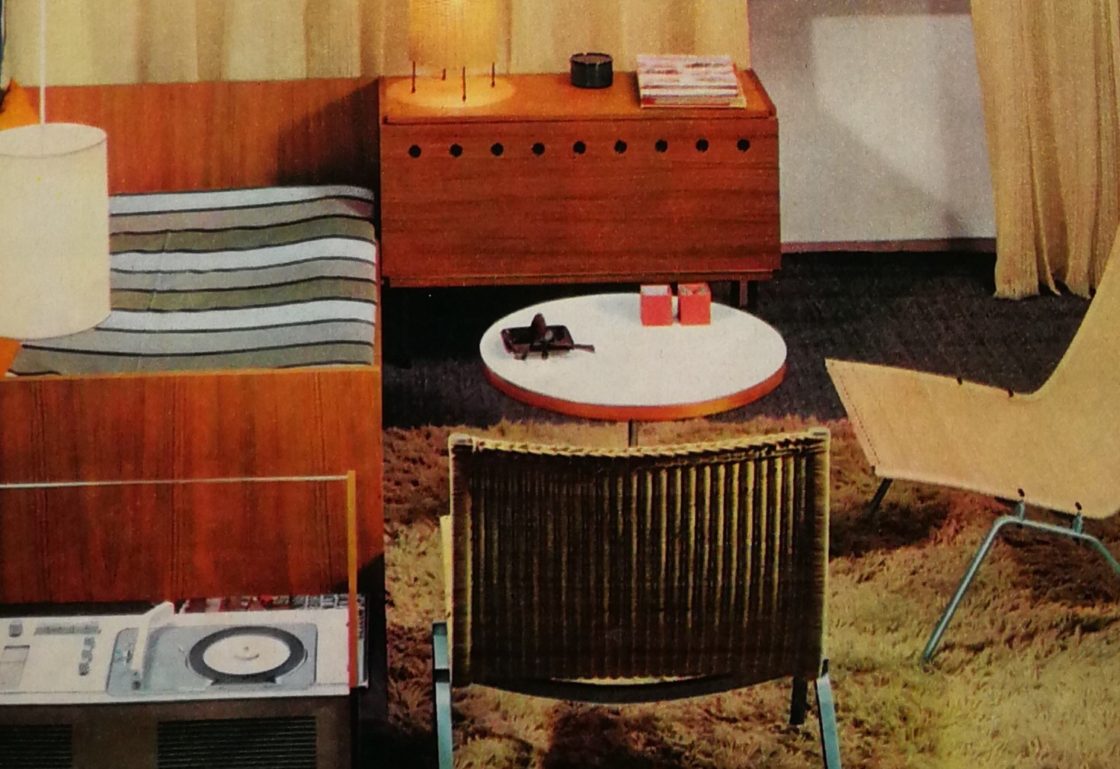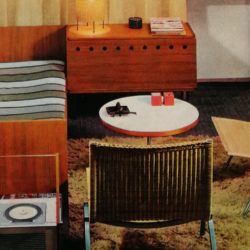Dwelling can always be read as an expression of social conditions. Its walls and floor plans form (gendered) working methods, model familiar constellations of relationships, build boundaries and can open windows into (new) forms of living. Spaces are criss-crossed by different, interwoven lines of power, which we want to adress in this program. We browse through the Ikea catalog, watch unboxing videos together or comment on the latest hardware store advertising. Sometimes it gets funny, sometimes critical, sometimes confused when we ask, for example, who actually does the housework in Schöner Wohnen, whose loft we see on Instagram or why everything should be hygge.
Anna-Katharina Riedel and Rosanna Umbach are two art academics from Bremen who research the visual politics of dwelling. Anna studied German, art education and educational science (M.Ed.) at the University of Bremen. Her main areas of interest are the history and theory of dwelling and space, subject, body and gender concepts as well as their interlinking and effect in consumer culture. Her research focuses on lifestyle magazines from the 1980s and 1990s. Rosanna’s dissertation project Un/Gewohnte Beziehungsweisen – Visuelle Politiken des Familialen im Schöner Wohnen Magazin der 1960er und 1970er Jahre examines family concepts depicted in the display of Schöner Wohnen. She is part of the research project Wohnseiten. Deutschsprachige Zeitschriften zum Wohnen vom 19. Jahrhundert bis zur Gegenwart und ihre medialen Übertragungen based at Mariann Steegmann Institut. Kunst&Gender.
Sprache: German


